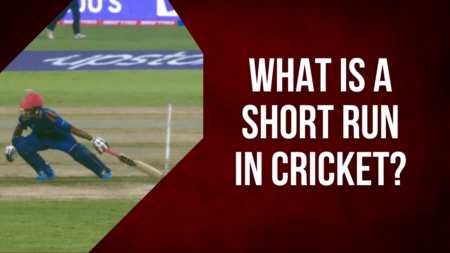

The primary equipment used in badminton is a shuttlecock. It is cone-shaped and can be feathered or plastic material with a rounded cork base. A regulation shuttlecock is between 4.7 to 5.5 grams. The shuttlecock, also known as a birdie, is projected through the air across the net. The projectile of the birdie owing to the light weight of the shuttlecock can be easily influenced by wind and rain. Thus, professional badminton is always played indoors.
Indoor conditions favor the sport of badminton due to little hinderance by the external environment. Players can direct the shuttle to the area where they wish to land, making the rallies enthralling. The footing in indoor badminton is of PVC material and is thus synthetic. This allows uniform movement of the players on the court, allowing a homogenous passage of play.
Outdoor badminton is more of a leisure activity. It can be played anywhere and players can make customized lines of the court that replicates the actual dimensions of a regulation badminton court. However, these dimensions are not always consistent. In addition to the size, the type of court varies based on where it is played. Grass and sand are some of the common surfaces used in outdoor badminton.
The primary difference between indoor and outdoor badminton is the type of shuttlecock used. Outdoor shuttlecocks are played with birdies which are around 9 grams in weight. A variant of outdoor badminton is AirBadminton, wherein the shuttle’s design is modified. Compared to the feathered pattern of the shuttles used in indoor courts, AirBadminton shuttles have five “pillars” in their arrangement. However, the conical shape of both the shuttles are the same. Indoor badminton and outdoor badminton are thus vastly different in terms of game play and directly corresponds to the skill level of the shuttler.




